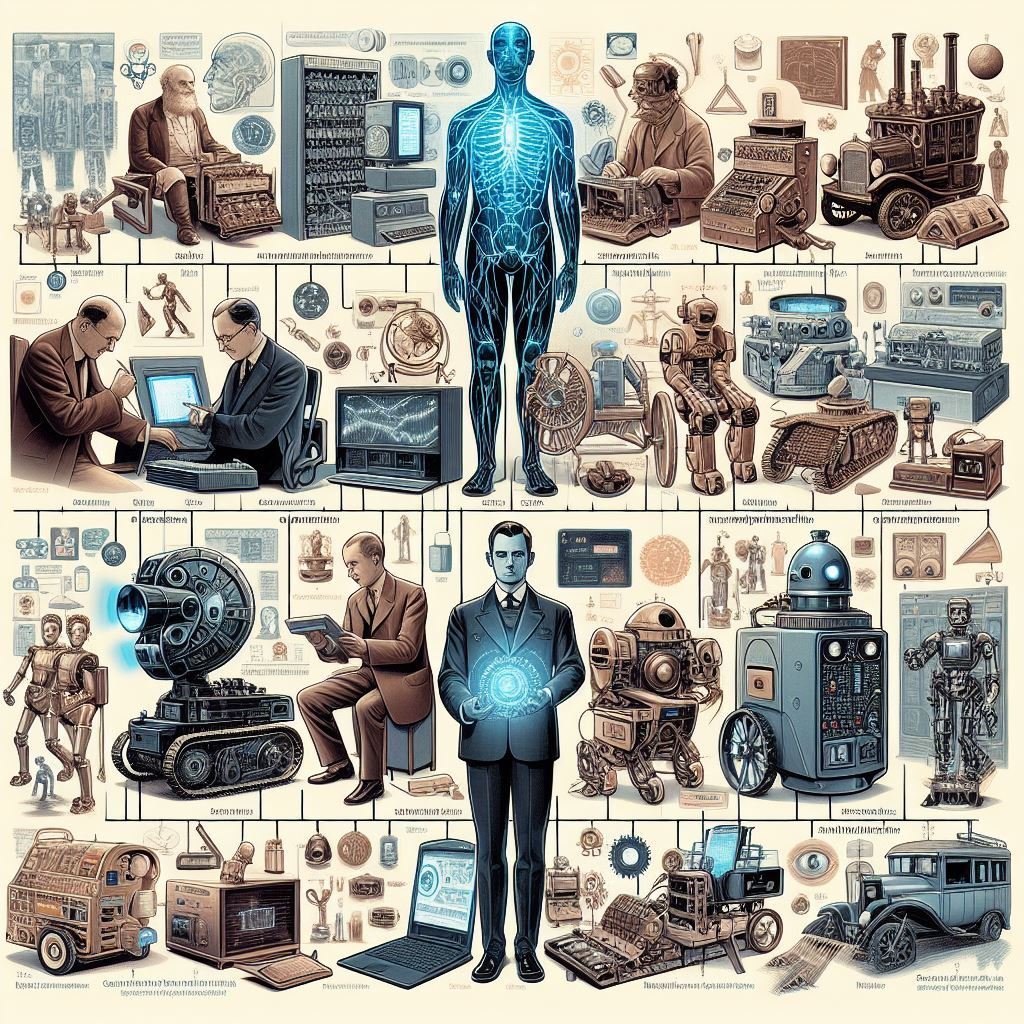Will AI replace humans in the future?
Whether AI will completely replace humans in the future is a complex question with no definitive answer. There are compelling arguments on both sides of the debate:

Arguments for AI replacing humans:
AI’s capabilities are rapidly increasing. AI can now outperform humans in many tasks, including data analysis, pattern recognition, and problem-solving. As AI continues to develop, it may eventually be able to replace humans in all types of jobs.
AI is already automating many jobs. Automation has already replaced millions of jobs in manufacturing, agriculture, and other industries. As AI becomes more sophisticated, it is likely to automate even more jobs, including those in service industries and the white-collar sector.
Some experts believe that AI will eventually surpass human intelligence. This is a controversial claim, but some believe that AI could eventually become so intelligent that it will no longer need humans.
Arguments against AI replacing humans:
AI is still limited in its capabilities. AI is good at specific tasks, but it still lacks the general intelligence and creativity of humans. AI cannot reason, think critically, or solve problems in the same way that humans can.
Humans are adaptable and can learn new skills. As AI automates some jobs, humans will be able to adapt and learn new skills that are in demand. There will always be jobs that require human skills, such as creativity, empathy, and social intelligence.
Economic and social factors may prevent AI from completely replacing humans. Even if AI could technically replace all human jobs, it may not be economically or socially feasible to do so. There could be significant social unrest if large numbers of people are suddenly unemployed.
More likely scenario: AI and humans will work together
A more likely scenario is that AI and humans will work together in the future. AI will automate many routine tasks, but humans will still be needed for jobs that require creativity, critical thinking, and social intelligence. AI can also be used to augment human capabilities, making us more productive and efficient.
The future of work is likely to be a hybrid of human and AI collaboration, with humans and AI working together to achieve common goals.
Here are some additional factors to consider:
The pace of technological development: The speed at which AI technology evolves will play a significant role in how it impacts the future of work.
The role of government and policymakers: Government policies and regulations can shape the development and deployment of AI, ensuring it benefits society while mitigating potential risks.
Education and training programs: Equipping individuals with the skills and knowledge needed to thrive in a future with AI will be crucial.
It’s important to have open discussions and engage in ongoing research to ensure that AI is used responsibly and ethically, contributing to a future where humans and AI can co-exist and collaborate for the benefit of all.
Overall, whether AI will replace humans in the future depends on a complex interplay of technological advancement, societal choices, and individual adaptability. While complete replacement is a possibility, a more likely scenario is a future where humans and AI collaborate, leveraging each other’s strengths to build a better future.

